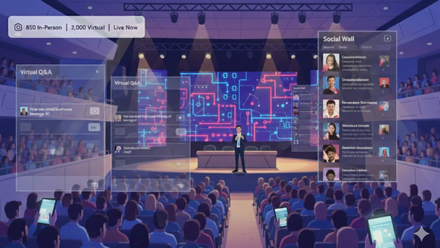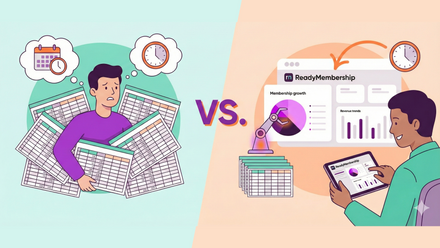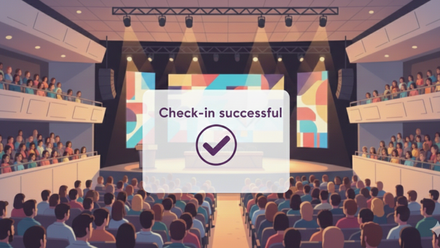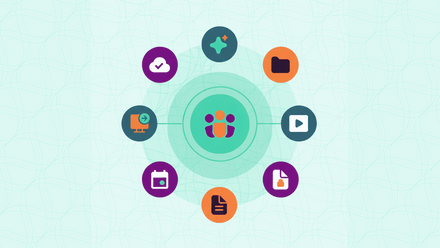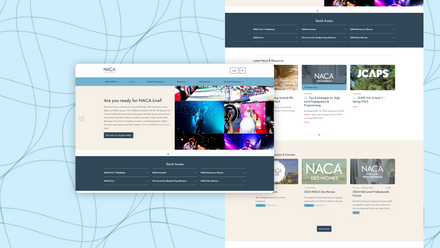The event data you need to be tracking to improve delegate experience
Being data-driven is essential for all membership organisations and especially for event organisers. By harnessing the power of data, event organisers can gain valuable insights into event performance and attendee behaviour, allowing them to create more personalised and engaging experiences. Whether you’re hosting conferences, networking events, or educational sessions, leveraging event data can dramatically improve your delegates’ overall experience.
However, despite the growing focus on data, many event professionals still face challenges. According to the ICE Report 2023, 41% of event organisers struggle to gather actionable insights from in-person events, a key source of information needed for decision-making. So, what kind of data should you be tracking to ensure your events are delivering the best possible experience?
Here’s a breakdown of the most important types of event data to monitor and how they can improve your next event.
1. Registration data
What to track:
-
Page views and clicks within event apps
-
Interactions with key features (networking tools, agenda viewers)
-
Vitual visits (for hybrid/virtual events)
Why it matters: With many events integrating digital platforms for registration, agenda browsing, and networking, tracking how attendees use these tools is essential. App and platform usage data can reveal which features are popular and which are underutilised, helping you fine-tune the delegate experience.
2. Engagement metrics
What to track:
- Attendance numbers per session
- Dwell and watch time for online sessions
- Poll participation rates
- Q&A submissions
Why it matters: Engagement metrics provide insights into which sessions or activities resonate most with your delegates. Tracking how many people attend each session and how long they stay can help you assess the popularity of topics and speakers. Poll participation rates and Q&A submissions offer a deeper look into how interactive and engaging each session is.
This data can be used in real-time to promote more popular sessions and encourage attendance. You can also use these insights to refine your content strategy for future events, focusing on what works best and re-evaluating less engaging sessions.
3. Content consumption preferences
What to Track:
- Video views and replays (on-demand content)
- Download rates of presentation materials
- Blog post or podcast engagement (related to the event)
Why It Matters: Delegates consume content in different ways. By monitoring which formats (live sessions, on-demand videos, written resources) are most popular, you can tailor future events to meet your audience's preferences. For example, if on-demand videos see high engagement, offering recorded versions of live sessions could boost overall satisfaction.
4. Feedback and surveys
What to track:
- Post-event survey responses
- Session ratings
- Qualitative feedback (comments and suggestions)
Why it matters: Gathering post-event feedback is crucial to understanding the attendee experience and identifying areas for improvement. Surveys and ratings offer direct insights into what attendees liked or disliked about your event. By analysing these trends, you can make adjustments to everything from session content to logistical arrangements for future events.
Qualitative feedback, in particular, can highlight issues that numbers alone can’t, such as a popular speaker whose session was too short or a venue that attendees found difficult to navigate.
5. App and digital platform usage
What to track:
- Page views and clicks within event apps
- Interactions with key features (networking tools, agenda viewers)
- Vitual visits (for hybrid/virtual events)
Why it matters: With many events integrating digital platforms for registration, agenda browsing, and networking, tracking how attendees use these tools is essential. App and platform usage data can reveal which features are popular and which are underutilised, helping you fine-tune the delegate experience.

